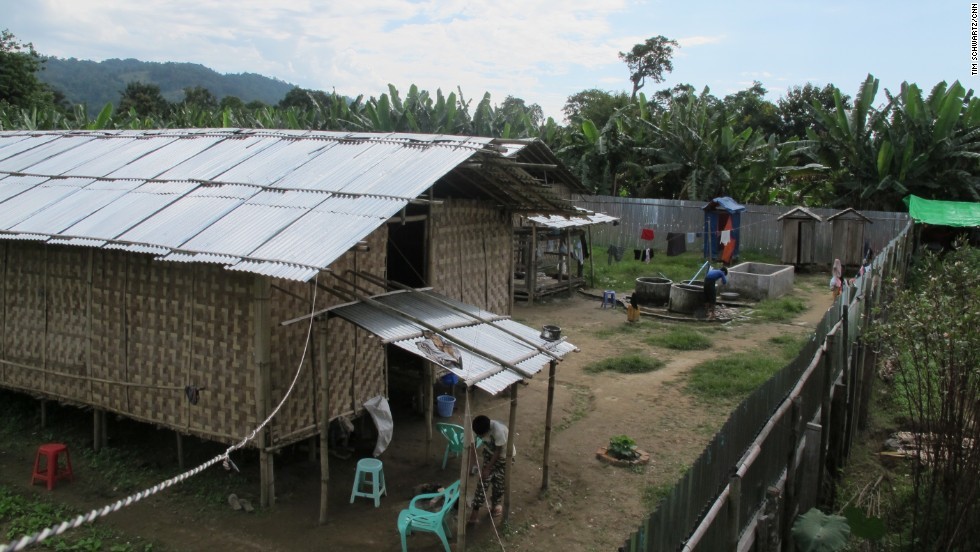Vicoprofen Rehab Center Arvonia VA
Home
Top Vicoprofen Rehab Center Arvonia VA Resources and Information Online
Vicoprofen Rehab Center Arvonia VA
Because prescription drugs are expensive and are becoming harder to obtain on the streets, many drug users are turning to heroin, a cheaper alternative. This usually means choosing a treatment program that can be either inpatient or outpatient. Nearly 20 percent of United States residents, spanning between the ages of 16 and 59, have experimented illegally with drugs at least once in their lifetimes. Abuse of sleeping pills and other prescription medications can lead to dependency.
Our Christian counselors have all been through their own addictions and really know what it takes to be free from addiction and serving the Lord once again. I participated in sports and my local debate team. 2700 What Kind of Questions Will They Ask When I Call a Drug Addiction Hotline Number?
Much more Resources For Benzodiazepines Rehab Treatment Program

Below are Some More Details on Suboxone Rehab Arvonia VA
The counselors will help you feel at home in your new environment and get you started on the path to recovery. Fortunately, there’s more than a few online and offline resources available. That says it all, when our way does not work, we need to ask for knowledge and guidance. Here are the 12 steps as used by Christian addiction treatment centers: Admit he/she has no power over his addiction and their life is unmanageable. For legal drugs such as alcohol, complete abstention—rather than attempts at moderation, which may lead to relapse—is also emphasized ("One is too many, and a thousand is never enough.") Whether moderation is achievable by those with a history of abuse remains a controversial point, but is generally considered unsustainable.[2] Types of treatment[edit] The brain’s chemical structure is impacted by drugs of abuse and these changes are present long after an individual stops using, This change in brain structure increases risk for relapse, making treatment an important part of the rehabilitation process.[3] Various types of programs offer help in drug rehabilitation, including: residential treatment (in-patient/ out-patient), local support groups, extended care centers, recovery or sober houses, addiction counselling, mental health, and medical care. If you have a preference regarding therapeutic modalities, then you will want to take a look at this aspect more carefully as a part of your selection process. So, what can you do to increase the chances of success?
Right here are Some More Info on Benzodiazepines Rehab Treatment Program
Gabor Maté in which the substance Ayahuasca was used to treat addicts in Vancouver.[20] Recovery[edit] The definition of recovery remains divided and subjective in drug rehabilitation, as there are no set standards for measuring recovery. Drug rehabilitation services can be a source of strength for people who have fought addiction for months or years.
Even more Info About Benzodiazepines Rehab Treatment Program Arvonia VA
Some insurances cover stays at inpatient programs and participation in outpatient treatment. I owe my new found outlook on life to God, and to Alpha Recovery. This can be more effective than other treatment programs that depend only on detox. By calling our drug rehab hotline, you are opening the door to recovery and taking the first step in getting help for drug abuse. If you or a loved one has lost their way and been trapped in the never-ending cycle of drug addiction we are here to assist you. There is also the added advantage of undergoing a full rehabilitation programme at the same time, to treat the psychological aspect of addiction. Research has shown that most patients need at least 3 months of treatment and longer durations are associated with better outcomes.[3] Medications[edit] Certain opioid medications such as methadone and more recently buprenorphine (In America, "Subutex" and "Suboxone") are widely used to treat addiction and dependence on other opioids such as heroin, morphine or oxycodone. We realize this might sound scary and can be an enormous inconvenience for many people. The building of the person’s relationship with Jesus Christ, self-worth, and responsibility, prepare them for the rest of the program. Relapse prevention[edit] An influential cognitive-behavioral approach to addiction recovery and therapy has been Alan Marlatt's (1985) Relapse Prevention approach.[34] Marlatt describes four psychosocial processes relevant to the addiction and relapse processes: self-efficacy, outcome expectancies, attributions of causality, and decision-making processes.
Click Here for More Information
Previous Next
You may also like:
Benzos Abuse Treatment Program Crown PA
Molly Addiction Treatment Center Elbe WA
Morphine Addiction Programs Bern ID
Dual Diagnosis Interventions Walker MN
Phenobarbital Addiction Rehab Facility Universal City TX
What Is Rehab Like For Drugs Lupton City TN
Cost Of Inpatient Drug Rehab Lenoir NC
Butorphanol Abuse Treatment Program Luana IA
Metadate Abuse Treatment Program Kennard TX
Naltrexone Rehab Center Larose LA
Hycomine Addiction Clinic Malvern AR
Robitussin Detox Center Goodwater AL
Lorazepam Detox Treatment Centers Ledbetter TX
Biocodone Detox Centers Farmer OH
Horizon Drug Rehab Powhatan WV
Drug Rehab With Horses Camp Meeker CA
Oramorph Addiction Rehab Programs Drew MS
Lunesta Addiction Rehab Clinics Strasburg IL
Vivitrol Detox Clinics Libby MT
Steroids Rehab Facilities Hancock MI